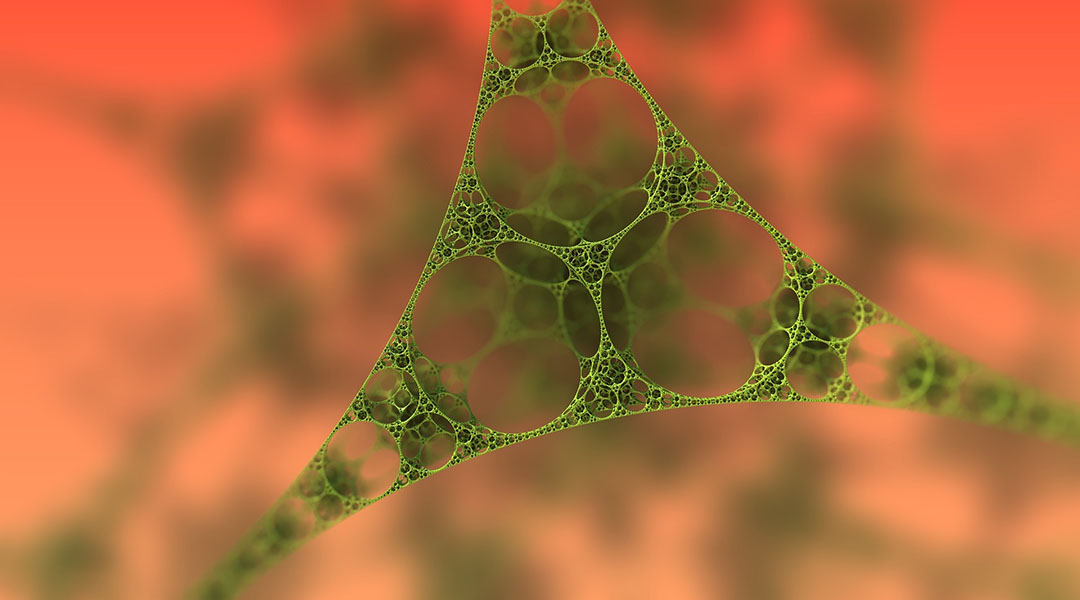Nanomaterials and nanotechnology are hot topics, with scientific publications containing the word “nano” having more than doubled in the last ten years.
“Nano” comes in all kinds of shapes and forms. You may have heard of nanoparticles and nanorods, but there is a nano version of pretty much every object you can imagine: nanopillars and nanostars; nanodisks and nanosheets; nanoflowers and nanomushrooms; you name it—it exists in the nanoworld.
These terms are coined mostly thanks to the fascinating images created by electron microscopy, which is probably the most popular technology in the field.
However, it is not the only suitable characterization technique for materials at the nanoscale. In fact, as is true for all methods, it can also give misleading results if not used properly.
It is therefore very important to choose multiple appropriate and orthogonal characterization techniques when working in this research area.
Mario M. Modena, Stefan Wuttke, and their co-wrokers from Switzerland and Germany, realized that there is a lack of guiding literature with a comprehensive overview on the most common techniques for nanoscale investigation.
To support active researchers and facilitate the start for newcomers in the field, they compiled a Tutorial Review highlighting the most important basics of the key methods for characterization of dry nanomaterials and nanomaterials in suspension. To round up the review, the most common advanced techniques are also briefly covered, and the reader is then referred to more specialized literature for further details.
With this piece the authors address several key challenges in a globalized and truly interdisciplinary research environment: maintaining method knowledge, improving reproducibility of results, and facilitating the start for newcomers.

A “field” of nanomushrooms.

















